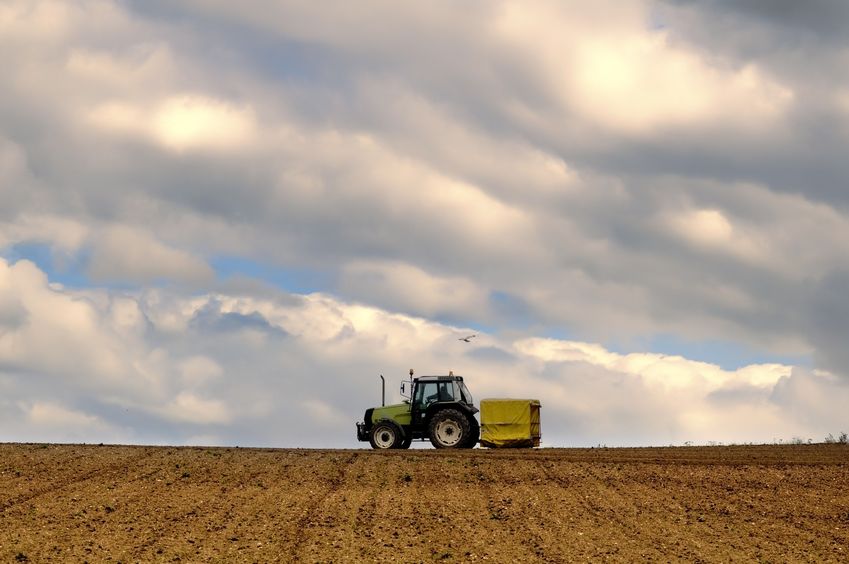
Brexit and general election uncertainty are both factors that could have a huge impact on Britain's economic state in the medium term future.
In manufacturing and engineering, Britain would, of course, like to return to its days as a world leader in both engineering innovation and manufacturing.
What moves are made towards doing this will depend on the policies implemented by the government decided upon this week, as well as negotiations in the run up to Brexit.
In terms of agricultural machinery, Britain may well suffer from price increases for imported equipment should the pound remain weak and the country fail to make moves to increase their own manufacturing yield in this sector.
The current European farming machinery industry
At present, the farming machinery industry in Europe is dominated by Germany and Italy.
Germany has the largest portion of the industry at 27%, with Italy at around 17% and France in third at 14%.
These three countries alone then make up for well over half of all machine production in the EU.

Of the products manufactured within the EU, about two thirds are sold within the union (including the UK), with the rest going to Eastern Europe, and to a lesser extent Asia.
The balance in which machines are focused on varies between the main producers, with Germany having a wider focus on harvesting and seeding technology, and Italy and France more on soil working machinery and transportation.
The industry was shown as being worth 28 billion euros in 2014, which was during an industry downturn. The peak for turnover was 2003, where the sector had a turnover of 29 billion euros.
Britain's current position
At present, Britain as part of the EU, can freely trade with the main agricultural machinery producers and import equipment without tariffs.
This may well change after Brexit, unless the UK is able to arrange a free trade agreement with the EU, which is looking highly unlikely and may not even be sought.
Even while Britain is part of the EU, the weakened pound as a result of Brexit has made buying products sold in euros more expensive.
Britain is likely to experience a weakened pound for the foreseeable future, though it should remain above the kind of lows we saw when Brexit was first announced.
How things might change for Britain
However, a weakened currency can actually have some positive economic effects.
The FTSE 100 usually rallies high when the pound is low, and this is because businesses who earn money in other currencies can become more profitable.
This means that should Britain look to exporting more, and by necessity therefore manufacture more, it could potentially attract more sales by being able to offer prices in pounds that are low for those spending in other currencies.
For Britain's future, manufacturing and export levels could well be key, and leaving the EU may allow the country to pursue better deals with countries they may wish to form strong export markets in.
In the agricultural machinery sector, then, upping production could not only help protect the UK agricultural industry from price hikes, but could also help create some export driven growth that harnesses the hidden benefits of a weak pound.
By Andre Jackson
